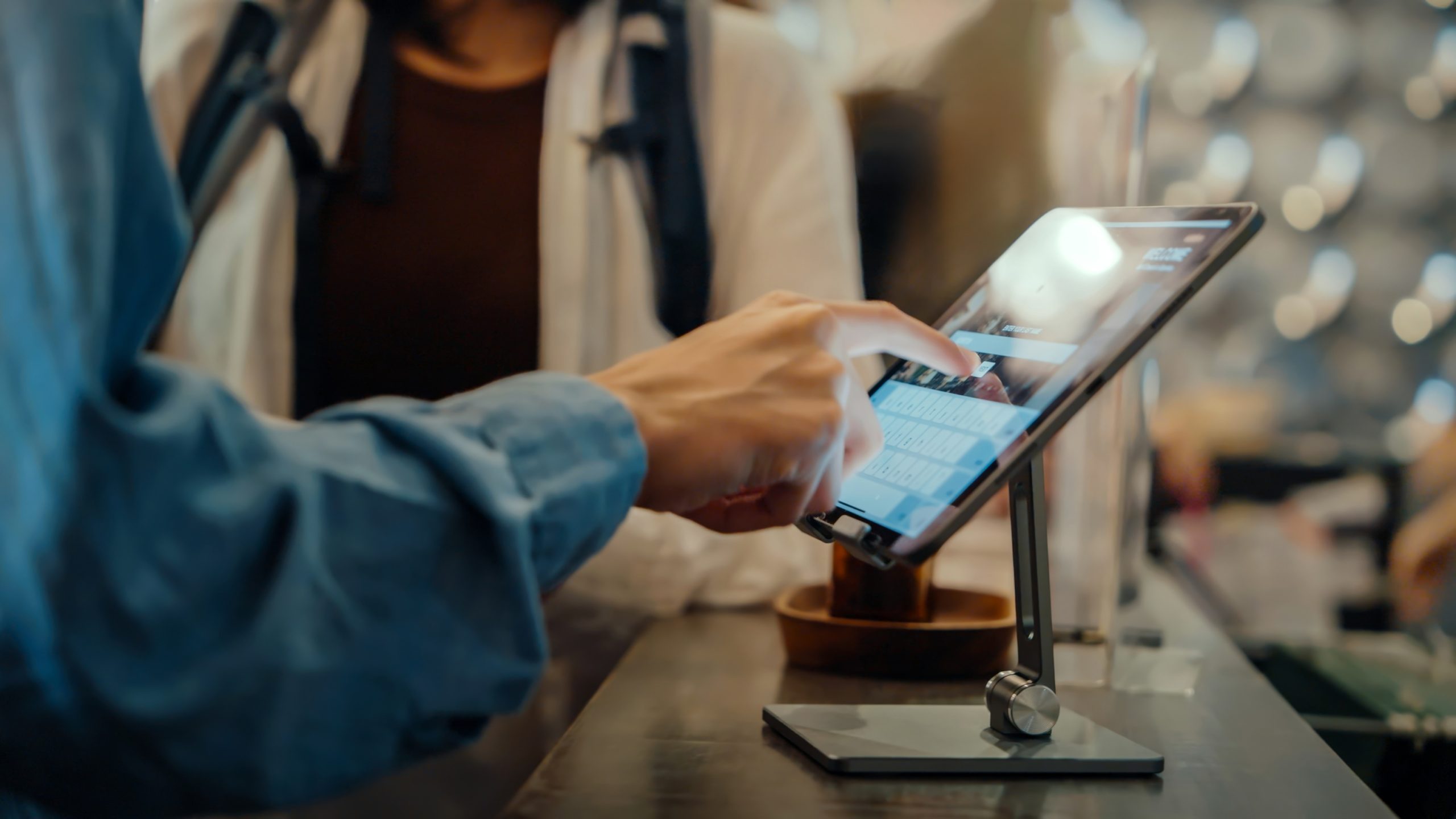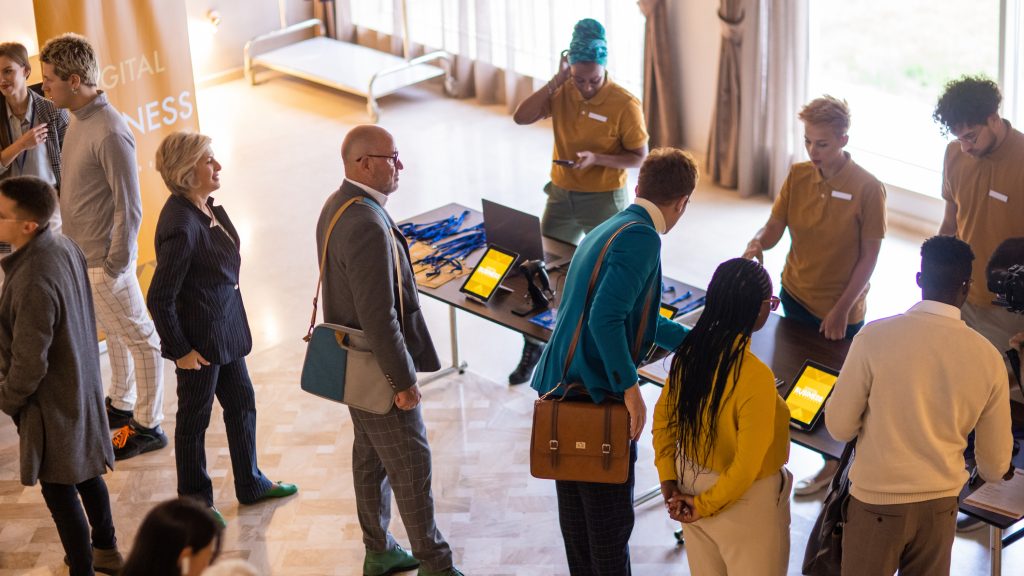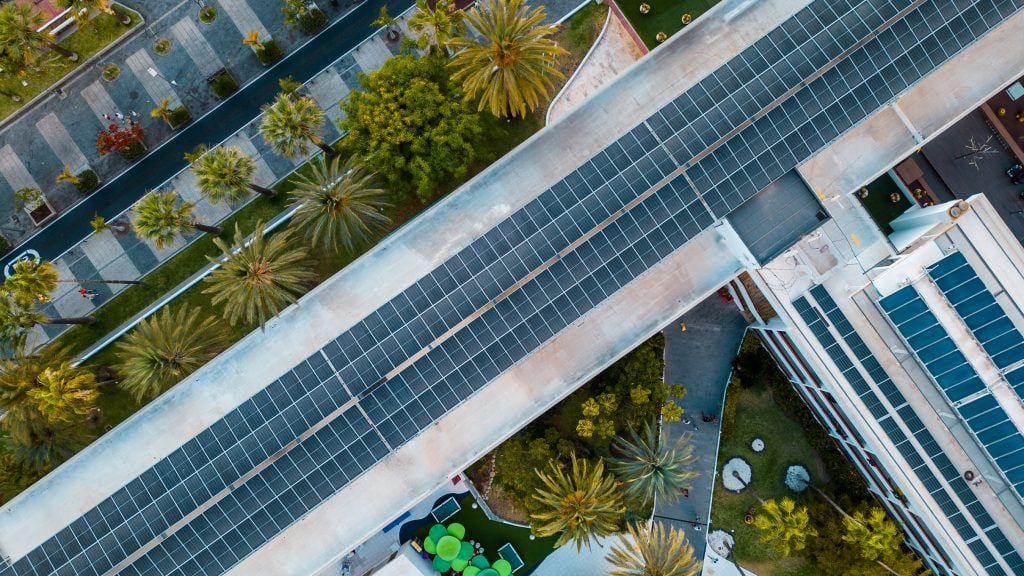Digital transformation in the hospitality industry – How to boost staff efficiency
By Laura Madeley; Director, Menzies (HLB UK)

The hospitality industry needs to embrace digital transformation as it continues to recover and grow, post-pandemic. With this in mind, a growing number of sector companies have now chosen to invest in technology that will address inefficiencies and enhance staff productivity.
They‘re looking at digital tools, like automated check-in systems, or AI-driven customer service solutions in the pursuit of operational performance and enhanced guest experience. But how are these companies actually using digital technologies in the pursuit of better staff efficiency?
The digitisation of hospitality
Digital transformation can occur when companies adopt technology that helps to modernise and optimise business operations. Looking at the hospitality sector specifically, this can come in many different forms, like mobile apps for guest services, digital kitchen management systems, or AI-powered chat bots.
These innovations can help to enhance the guest experience while also streamlining internal processes, cutting down on human error, and letting staff focus on other, higher-value tasks.
Examples of digitisation
Hotel front of house managers can improve operations through the use of digital check-in systems. These solutions allow guests to bypass reception altogether and go directly to their rooms. One study of 7,000 hotel guests in Europe found that 80% of them would prefer such digital check-in options, with time savings and convenience as the main benefits.
Meanwhile, in restaurants, managers can improve operational efficiency by installing digital order management systems. These can include menus and kitchen display screens, with 66% of restaurants pursuing the QR code solution, according to one study.
Boosting staff efficiency
The hospitality sector is one of the most labour-intensive industries on the planet, but often filled with inefficiencies. For example, breakdowns in communication, manual data entry systems, and slow service delivery can seriously hinder productivity. Digital solutions can be the answer to these inefficiencies, to enable staff to work more effectively and efficiently.
What’s the cost of inefficiency?
According to one study from Carnegie Mellon, up to 70% of tasks within the hospitality industry could be either augmented or replaced by automation. This highlights a waste of resources where staff could make better use of their time, to increase efficiency and enhance the overall guest experience.
Clearly, there is also a higher likelihood of errors where staff are constantly engaged in repetitive tasks or under pressure to perform. It’s possible that automation within hospitality could reduce administrative workload by as much as 40%.
What are some real-world applications of technology enhancing staff efficiency?
Several examples show how technology could be the answer.
QR codes for menus and ordering
Lightspeed found that, on average, customers that use QR table ordering for dining tend to spend 25% more when they place their orders. This could be due to the use of good food photography, or more proactive selling. Some staff members may shy away from upselling or fail to do so consistently, but a digital platform is an opportunity to upsell consistently with no inhibition.
It’s also easier to place a "top-up" food or drink order through the QR solution, rather than trying to re-engage one of the wait staff in a busy environment.
Digital check-in at hotels
Today, digital check-in solutions are common practice, as guests can check-in online rather than queueing at reception. They can also pre-order certain services, select their rooms, or even unlock the doors using a smart phone. It’s much less of a burden on front desk staff, which allows them to concentrate on more complex tasks.
Here, the time that employees save through routine check-in work could instead deliver more personalised services to guests, leading to better guest satisfaction and repeat clientele.
Automated housekeeping systems
Hoteliers can integrate systems that allow them to chase efficiencies. For example, they can assign room housekeeping staff, create ideal shift patterns, or immediately notify staff when a guest has checked out. Such systems can also automatically inform staff members of upcoming shift changes as occupancy ebbs and flows.
Automated systems provide a raft of statistics, such as how many rooms each member cleans per hour, or which staff members are more productive, so those specific individuals can be scheduled on busy days. The data can also predict when rooms will be ready, so a hotelier can accurately update a guest, boosting satisfaction.
Importantly, an automated housekeeping system could lead to a 30% improvement in room turnover times, leading to healthy improvements in the bottom line.
AI powered chat solutions
AI chat bots can operate 24/7 and can handle guest enquiries, process bookings, or answer frequently asked questions. They respond to common requests instantly and will free up staff for more complex interactions.
Today’s chat bots are much better than the traditional, rule-based solutions. They can use advanced deep learning algorithms to understand and engage in conversations or incorporate NLP capabilities. This helps them to understand user intent even when the input is vague, or the user has an unusual linguistic style.
Some properties, such as the Equinox hotel in New York, use AI chat bots to deal with the vast majority of their frequently asked questions.
Maximise your results with HLB
The benefits of digital transformation within the hospitality industry are evident. Managers can improve staff efficiency, reduce human error, and significantly boost guest satisfaction. By automating repetitive tasks, companies can allow their employees to focus on the more important and high value services. This should lead to improved, overall operational performance.
At HLB, we offer a suite of expert advisory services to help hospitality businesses navigate the complexities of digital transformation. So, whether you need help choosing the correct technologies or implementing a comprehensive digital strategy, HLB can guide you through the process. We’ll ensure that you get the most out of your investment.
Are you ready to transform your hospitality business and improve staff efficiency? If so, reach out to HLB today and discover how our tailored advisory services can help you leverage digital transformation for maximum results.
Related content






